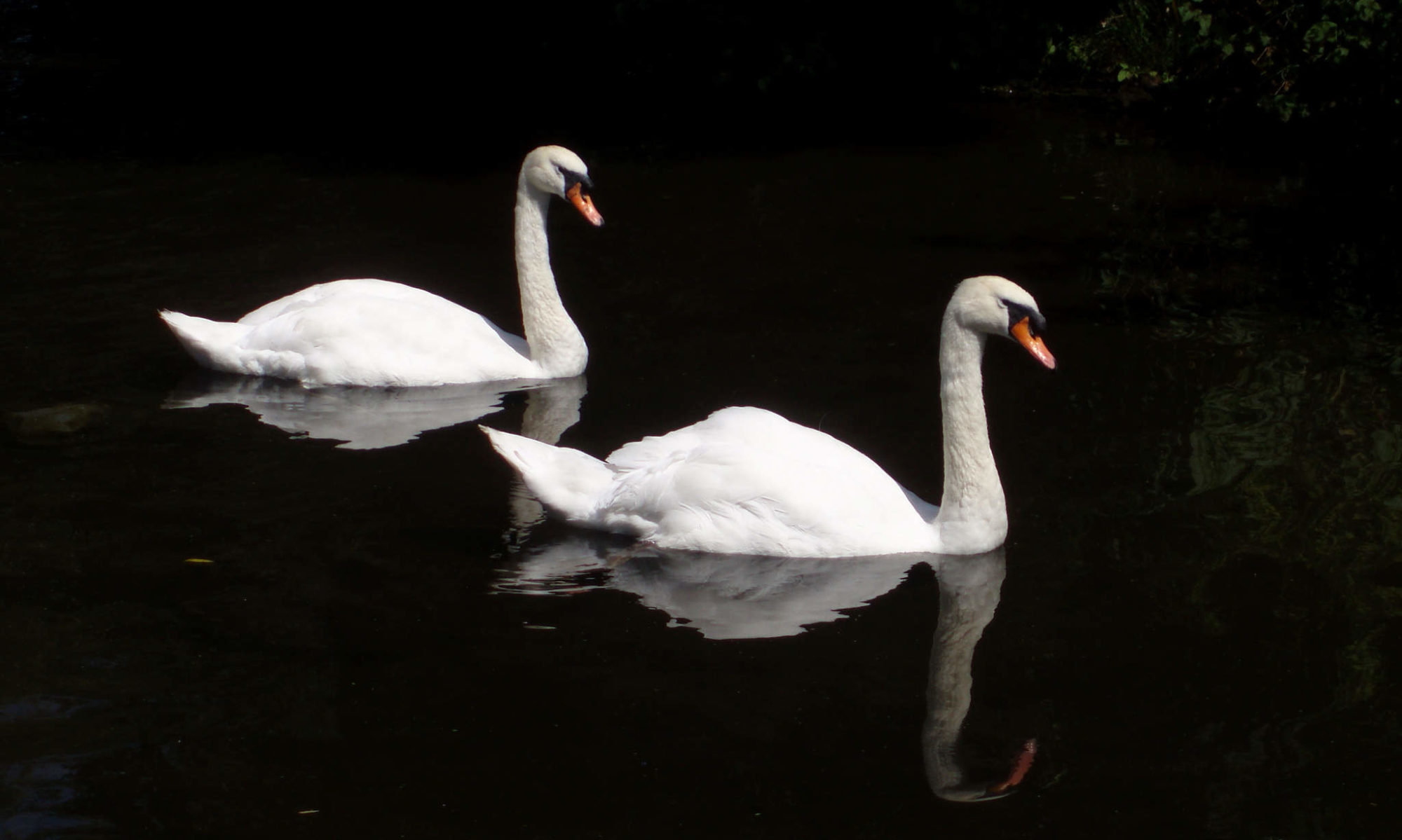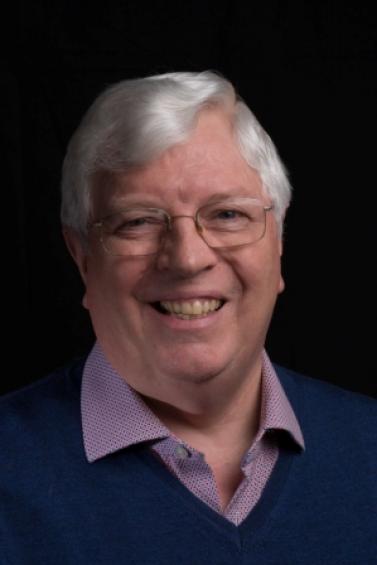Here’s a true story. I once created a training programme for medical students, and would ask them to interview a patient and ‘take a spiritual history’, making use of two sets of questions: “Are you religious or spiritual in any way?” And, “Where do you turn for inner strength, courage and hope when things are not going well?” One young man spoke movingly afterwards of how an elderly lady spent a whole hour talking about love. A young woman reported that, in three years as a student, this was the first time she’d come away thinking she’d actually helped somebody. So, just broaching the subject of spirituality can be helpful, and in both directions; for the interviewer as well as the interviewee. To my way of thinking, being alongside is like that. Importantly, it is not doing… It is being.
I prefer the term ‘patients’ to ‘service users’. Its Latin origin means, “The one who suffers”. The word ‘compassion’ has a similar root and means ‘suffering with’. Being Alongside, both the notion and the charity, speak, do they not, of compassion, of engaging with and sharing the suffering of others?
I began thinking about spirituality during my training in psychiatry in New Zealand and Australia. At medical school, we learned first about the healthy body, then about what went wrong; but, in psychiatry, we were taught about mental illness from the start, both symptoms and treatment together. So the key question arose for me: “What is mental health all about?” I’ve been reflecting on that ever since, and quickly realised that one needed to consider a spiritual dimension, as well as physical, biological, psychological and social dimensions of human experience and understanding. I also became convinced that mental health involved growth towards wisdom and spiritual maturity, concluding too that facing loss, and the threat of loss, can stimulate to such growth.
Years ago, papers were published about a hybrid condition, so-called ‘schizo-affective disorder’, when schizophrenia sufferers became depressed. Thinking about it differently, I noted that the illness often occurs in teenagers, interrupting education, damaging job and earning prospects, spoiling family relationships, reducing the chances of finding a life partner and having a family. Before you even consider the illness itself, you therefore have a person who is grieving over a massive loss of potential. It helps to expose this aspect, because nature provides a healing process leading to growth.
Consider also spirituality and the addictions; not only gambling, drug and alcohol dependence, but other common addictions: eating, shopping, sex and pornography, social media, gaming, and violence, for example. Note the success of the spirituality-based ‘twelve-step’ method introduced by Alcoholics Anonymous. People with destructive levels of craving are seemingly trying to fill a ‘black hole’, an unfillable negative space, the only lastingly effective remedy for which involves the experience of a deeply personal spiritual connection. The vast emptiness can be filled only by the boundless magnitude of Holy Spirit.
I have been guided spiritually since boyhood. I My family were not religious, but I discovered Christianity at boarding school, aged eight. However, by the time I got to university, I had stopped attending services. Medicine took the place of religion, until a number of events brought me back to the Christian fold.
Back in England, I eventually bought a house five minutes walk away from a big church. One Sunday, I went there, as the service was about to begin, finding it remarkably packed. I squeezed quickly into a pew at the back; then, just as I sat down, had to stand up again because the organ started and in came this enormous procession and choir, brushing past. At the back was a bishop with a crozier, a shepherd’s crook. Well, I’m Larry the Lamb, aren’t I? So this was me being gently shepherded back into the church. And since 1988, when I was appointed to my post in Brighton, I have been regularly to the beautiful 12th century church in the town where I live.
An earlier experience of guidance followed from my great interest in the wisdom of other faith traditions. Before resuming Christian worship, I spent time with Tibetan Buddhist monks, who taught me to meditate. I studied some wonderful Buddhist, Hindu and Taoist scriptures, and made several pilgrimages to holy places in India. After my return to England from Australia, unemployed and unsure about psychiatry, I was undecided about a career. At a retreat in a Buddhist centre on the banks of Morecombe Bay, I began wondering about joining a religious order, but knew I wasn’t a Buddhist, and didn’t then know anything about Christian monasticism. On the final afternoon, I strolled down to the bay. Sitting on a stone bench in that beautiful place, I went into a meditation and lost myself. I don’t know precisely how long I was in that happy state, but when I came back to myself I was being addressed, given instructions. It was both like and unlike a voice; not out loud, but equally not exactly within my head. It was clear though, saying, “You are a psychiatrist, Larry. That is what you have trained to do. Go and do that!”
Instantly, and unequivocally, I thought, “Oh, yes! That is what I will do… But how?”
A few days later, in the advertisement pages of the British Medical Journal, I found my next job, a training position, which I needed before sitting the British psychiatry exams. I sought an appointment with the Professor of psychiatry at St George’s Hospital, where his secretary said, “Well, he’s next door, and he’s not doing anything. Shall I ask if he can see you?” The Prof invited me to apply and that was that. Doors opened. I got the job.
Back in psychiatry, I discovered no-one paying attention to spirituality until I joined the Scientific and Medical Network, through whose meetings I did meet some others, and through them Andrew Sims, an earlier patron of this charity. As a group, we decided to set up within the Royal College of Psychiatrists a ‘Spirituality and Psychiatry’ special interest group (SIG). Thinking it would be a subversive little coterie of like-minded people, coming together to discuss this topic quietly among ourselves, we were doubtful of our prospects initially, because we needed three hundred support signatures from other College Members. Fortunately, though, these came through within a week. Now there are over four thousand members of the SIG, out of a total College membership of about twenty-five thousand. We began holding day conferences. We contributed to the College a leaflet on ‘Spirituality and Mental Health’, a version of which is still promoted on the College website; and there have been two books on spirituality and mental health, originating with the SIG and published by the College.
In conclusion, I feel blessed and guided by the Holy Spirit towards making the kind of contributions I’ve mentioned. It’s delightful to find fellow-travellers along the way; and it’s now a very heart-warming and exciting development to join you, the Being Alongside community. I would like to finish with reference to the Cistercian monk and spiritual writer, Thomas Merton, who has been a great influence on me. One of his quotes seems to encapsulate the holistic vision I am recommending and seek to espouse: “We are already one, but we imagine that we are not. And what we have to recover is our original unity. What we have to be is what we are…”
I will end with Merton’s prayer, 1 which applies perfectly to me, and may apply to the charity also. I will let you judge for yourselves. Thank you all.
More information about Larry, his books, journal papers and blog details, can be found on his website: www.LDC52.co.uk
1 Merton, T. (1993) Thoughts in Solitude. Shambala Pocket Classics; Boston. P 89. The text of the prayer can be found at: https://reflections.yale.edu/article/seize-day-vocation-calling-work/merton-prayer


